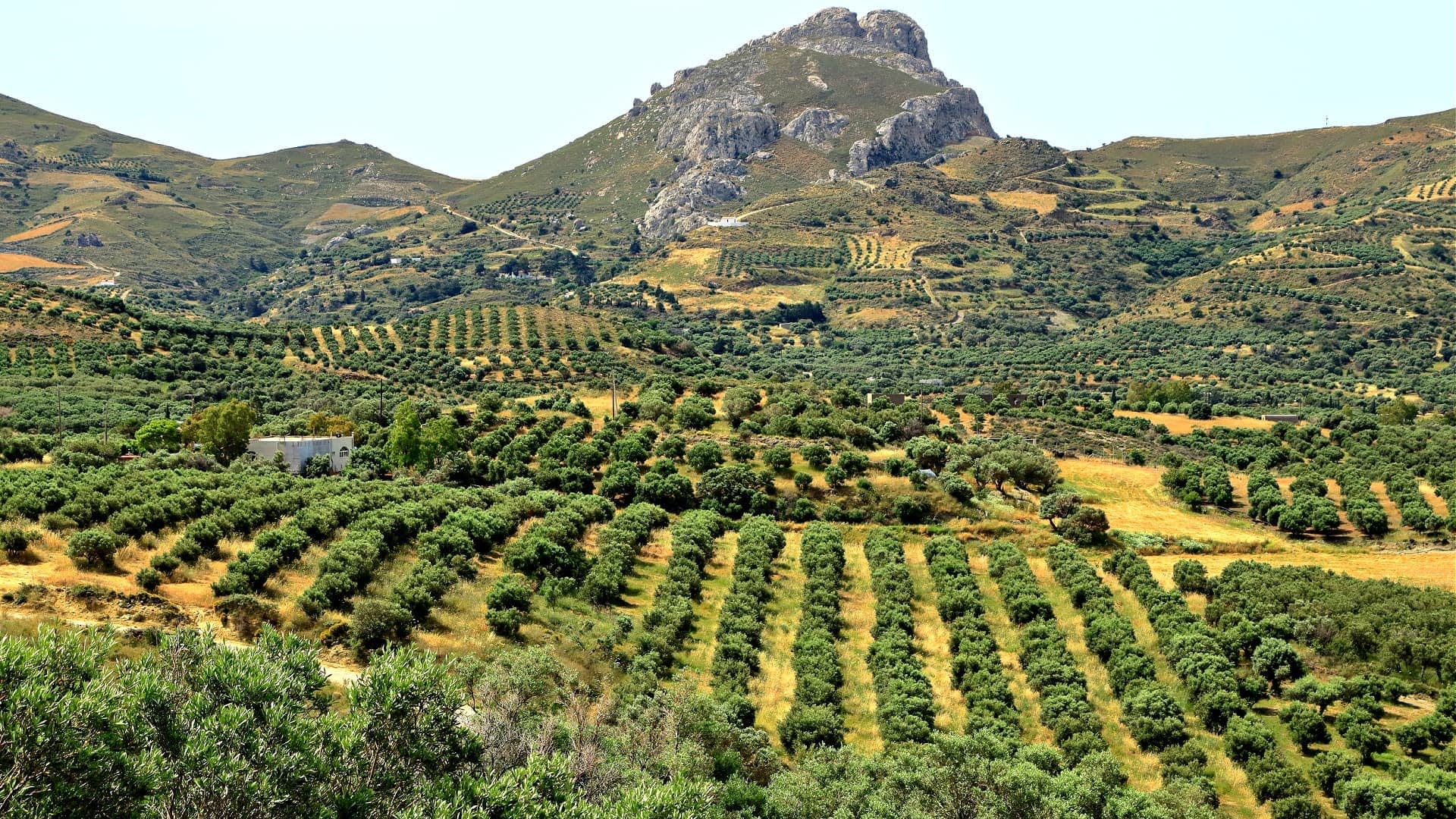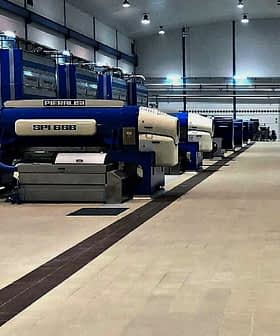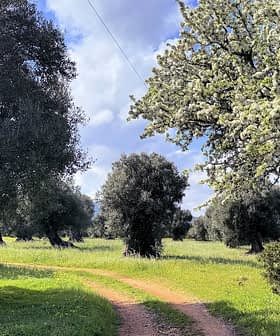Local producers have joined forces with scientists In Chania, Crete, to identify, analyze and transfer the DNA identity of olive oil from the field to the bottle, achieving authenticity and traceability for their local products.
The purpose is to signal the origin and quality of olive oil and create valuable data for consumers, who will eventually have access to the relevant information on the bottle’s label.
A recent survey demonstrated that 75 percent of consumers are willing to pay extra for products with a clean and transparent label, containing simple ingredients and consumer-friendly information.
“We have seen that consumers want transparency and crystal clear information about what they buy,” Stelios Arhondakis, founder and CEO of the Cretan biotech company BioCos, which develops DNA-based traceability solutions for food products, told Olive Oil Times.
See Also:Decorated Olive Oil Bottles to Be Auctioned as Crypto Assets“In advance, the shift to super-intensive [super-high-density] cultivation, which means high yields of olive oil, leaves out the local producers, flattening the commercial value of their extra virgin olive oil,” he added.
“Such practices also impact the biodiversity of the adjacent areas, reducing the producers’ income in the long run,” Arhondakis continued. “On the other hand, creating a geo-genetic database of logged olive orchards, along with their extra virgin olive oil, adds value to the producers and their olive oil, which in turn enhances the primary sector and its sustainable profile.”
Everything starts in the field, collecting leaf samples from the olive orchards and creating a map that stores the DNA profiles of the trees in a process called geo-genetic mapping.
“Geo-genetic mapping tracks and records the genes of the trees and then identifies the same genes in the olive oil produced from the specific orchard,” Arhondakis said.
In the final stage of the method, machine learning and artificial intelligence techniques are used to process the DNA profiles to create a digital DNA fingerprint, which follows the product from the field to the bottle.
“This process eliminates human interference with DNA data interpretation and storage, accelerating time to results and securing reliability,” Arhondakis said.
The DNA fingerprints of the olive oil are then stored on a blockchain, along with other information including the harvest year, location and quality of extra virgin olive oil produced.
Blockchain technology has started to gain momentum in the olive oil industry, offering the ability to producers, traders and consumers to track the complete course of olive oil from the moment of production through the whole supply chain.

Crete, Greece
The approach of the Cretan scientists is one of the first to identify and record the DNA profile of the olive oil and then securely store the data in a blockchain database.
“DNABlockchain provides a simple yet robust tracking system of the olive oil along the whole production process,” Arhindakis said. “This way consumers can gain access to the true story of an extra virgin olive oil, thanks to its genetic identity.”
Producers in Chania who participate in the project have welcomed the opportunity to differentiate from the competition and add value to their extra virgin olive oil.
“Through this project, the aim is to connect our local producers and their olive orchards, all the way to the produced extra virgin olive oil and the bottle,” Fotis Sousalis of Terra Creta, an award-winning olive oil producer based in Kolymvari near Chania, told Olive Oil Times.
“At present, we have completed the collection of the samples from the orchards of the growers we collaborate with, to create our geo-genetic map and to build our DNA database,” Sousalis added. ”We all at Terra Creta embrace such innovative solutions that certainly promote and support a more socio-centric extra virgin olive oil production.”
For Mitera, another producer who has already marketed DNA-certified olive oil, the new technology provides first and foremost the means to celebrate the efforts of growers and producers to achieve quality.
“We produce premium quality extra virgin olive oil from a selection of olive trees planted in Crete more than 2,000 years ago,” the producers told Olive Oil Times. “For us, the DNA blockchain technology is a pivotal step forward because it allows us to give recognition to the heritage of our producers in Crete and their high-quality extra virgin olive oil.”
The “DNA digitization: Olive oil authenticity and traceability from field to bottle” project is used in the context of the S3food initiative for digital innovation in the agrifood industry.
“The ultimate aim of the project is to raise awareness of sustainable production of extra virgin olive oil and at the same time provide olive oil with the value it deserves,” Arhondakis said. “Moreover, it provides the inclusiveness and promotion of producers who support agro-biodiversity and apply good practices.”
“It is our belief that this initiative will pave the way to an open ecosystem around the extra virgin olive oil market of Crete and beyond, embracing all value chain stakeholders, and creating a trust bond among the producers, the market and the consumers while restoring extra virgin olive oil valuation,” he concluded.








